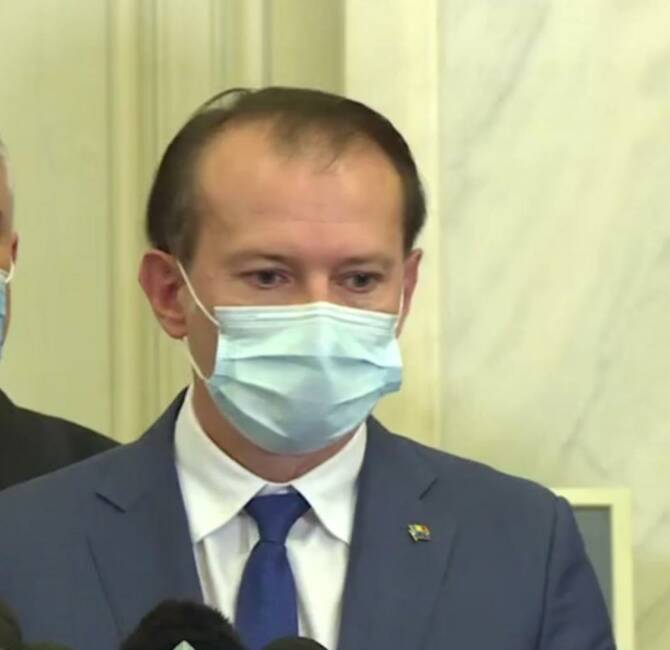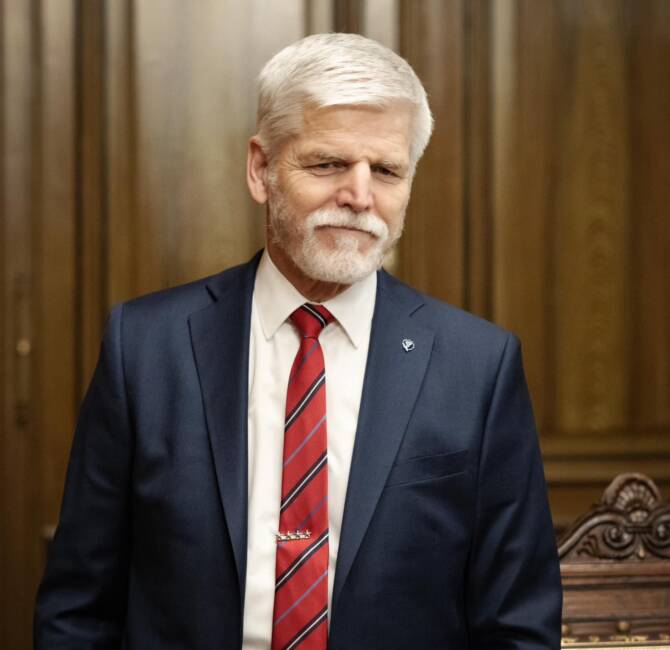Central Europe – Just a few days after Germany decided to reinstate border controls at its borders with Poland and Czechia, those two countries did the same last week along their borders with Slovakia, through which increasing numbers of migrants are trying to make their way to Western Europe. They were immediately followed by Austria, which also just reinstated controls at its borders with Slovakia, initially for a ten-day period ending on October 13.
In Poland, Prime Minister Mateusz Morawiecki ordered “the Minister of the Interior to check buses, coaches, and cars crossing the border when it is suspected that there may be illegal migrants on board.”
Austria’s Minister of the Interior, Gerhard Karner, explained that by reinstating border controls with Slovakia, he wanted to prevent smugglers from using alternative routes through Austria: “We’re doing this because we know from our experience so far that when such controls are introduced, smugglers react quickly and change their routes.” Prior to this decision, Austria already had controls at its borders with Hungary and Slovenia.
The Czech ambassador in Bratislava, Rudolf Jindrák, similarly explained in an interview with Hnonline.sk that “the main reason is the increase in the number of illegal migrants on Slovak territory” and that “if Poland reintroduces controls with Slovakia, we cannot allow those illegal migrants to pass through the Czech Republic.”
As pointed out by Czech Prime Minister Peter Fiala, “the number of illegal migrants to the EU is rising again […] We are not taking the situation lightly.”
On the Slovakian side, interim Prime Minister Ludovit Odor considers that “all this has been triggered by Poland, where elections will soon be held”. At the same time, the winner of Slovakia’s own elections last September 30, Robert Fico, has said he would re-establish controls at his country’s border with Hungary for exactly the same reasons.
Hungary’s year-long struggle to stop the influx of illegal immigrants coming along the Balkan route has been impeded of late by successive rulings of the Court of Justice of the European Union (CJEU) which have, at the request of the European Commission, banned effective push-backs and the use of closed transit centres at the border with Serbia, where illegal immigrants filing for asylum had to wait for their asylum requests to be processed.
Unsurprisingly, these rulings in favour of migrants are now threatening the very existence of the Schengen border-free area, and not only in Central Europe.




